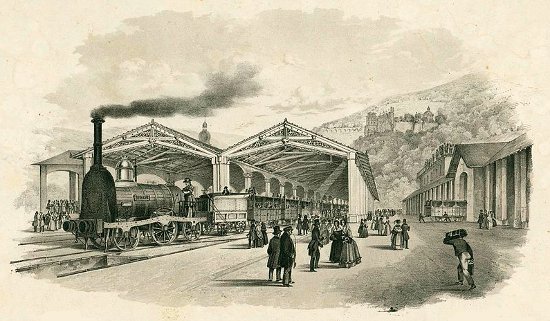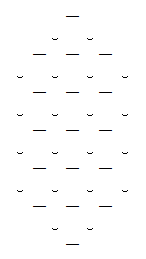It’s a very odd thing —
As odd as can be —
That whatever Miss T. eats
Turns into Miss T.;
Porridge and apples,
Mince, muffins and mutton,
Jam, junket, jumbles —
Not a rap, not a button
It matters; the moment
They’re out of her plate,
Though shared by Miss Butcher
And sour Mr. Bate;
Tiny and cheerful,
And neat as can be,
Whatever Miss T. eats
Turns into Miss T.
— Walter de la Mare



